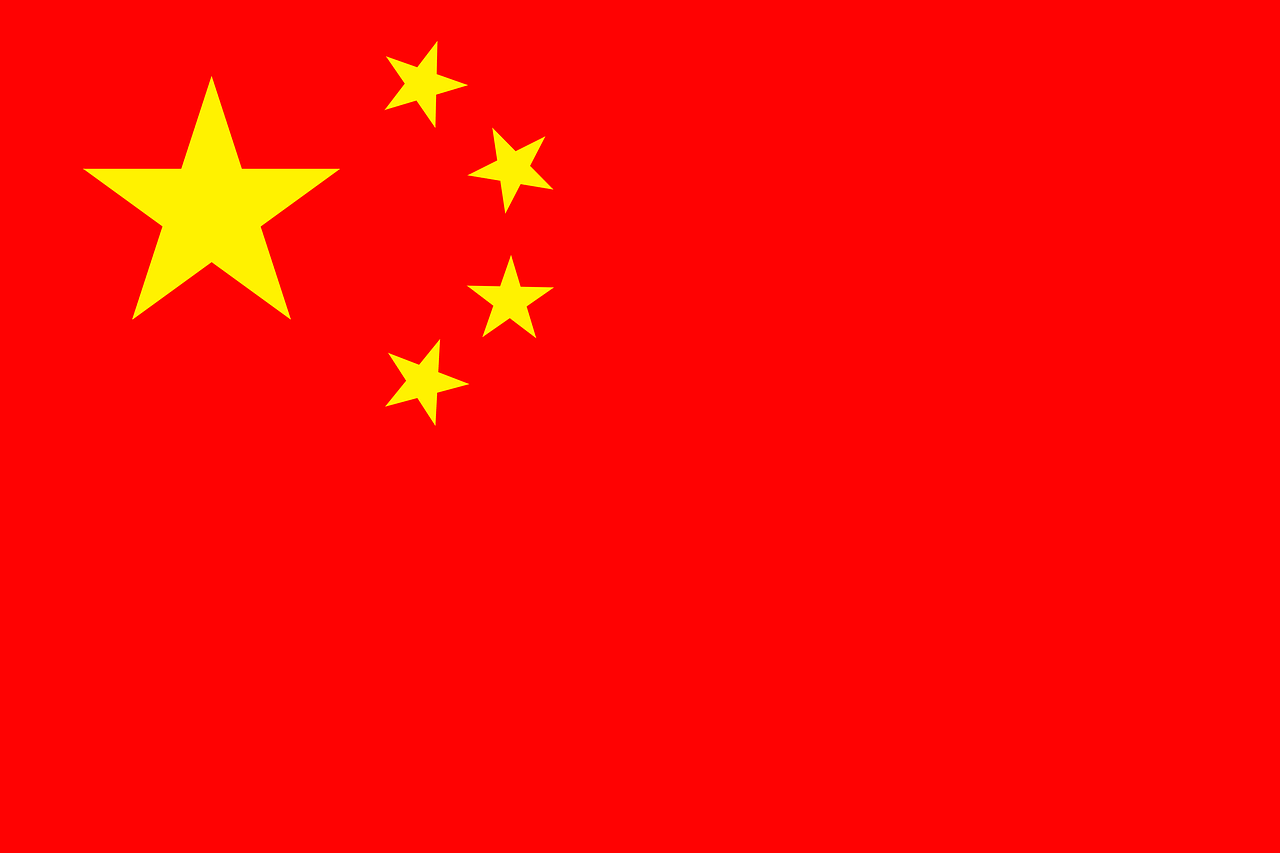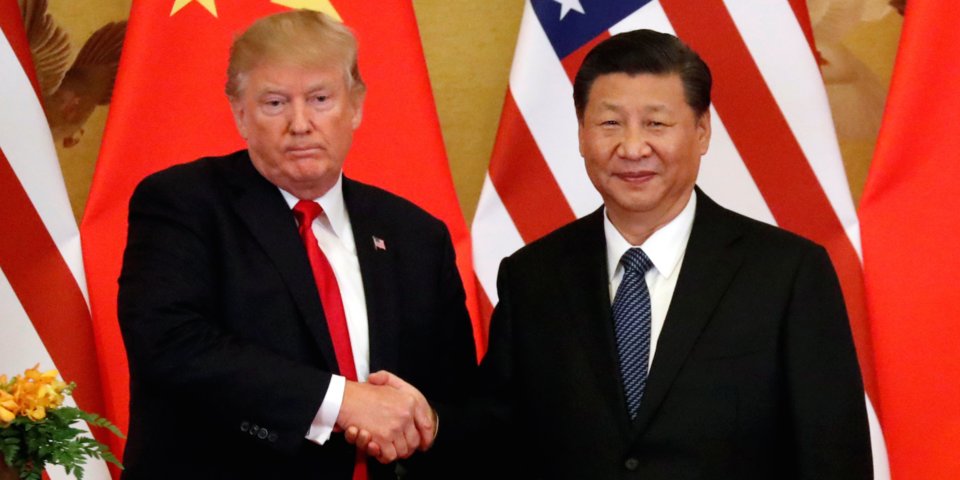The Irony Of China’s Trade War With Australia

Hit by the restriction on imports by China, Australian producers are struggling to find markets for their products. China might look at this as winning a political battle but for the onlookers, this might be a diplomacy failure for China.
China imposed trade restrictions on a range of Australian imports as a result of its deteriorating ties with Australia.
The restrictions have been imposed on imports such as beef, lobsters, timber, wine and barley etc. While some items like wheat have found new purchasers relatively easily, others still struggle to find profitable markets.
But does imposition of restrictions on imports by China means that it is only Australia that’s hurting? Well, the short answer to this is no, it adversely affects China too.
The short term impact of the restriction is that Chinese consumers no more have access to premium Australian products like wine and lobsters.
Moreover, Chinese manufacturers who were using Australian goods as raw materials have to find alternatives now. This means they would either have to compromise on the quality or the cost, which shall hurt both productivity and economic growth.
To make matters worse, in some sectors there are not enough replacements for Australian products.
For instance, the shortage of coal has led to the worst power blackout in China. It is, however, denied by the Chinese government that the import restrictions have anything to do with this. But it must be noted that the blackouts happened just when 70 coal ships were stuck offshore. This shows that the trade restrictions are having a negative impact on both the Chinese and Australian economies.
Globally too these restrictions do not necessarily play in favor of China. Countries watching China’s hostility towards Australia have started considering precautionary measures so as to protect themselves should they be at the receiving end.
If one would recall, in 2010 China restricted rare earth mineral sales from Japan, and this lead to the Japanese economy investing elsewhere. As a result of this china saw a reduction in its market share.
While it’s very unlikely that the countries would stand together against China’s hostility towards Australia, but they sure will take some action. There is a possibility that the countries restrict their investment in China and instead divert their companies to capture Australia’s market share.
This means Chinese investors might find foreign markets less welcoming.
Being farsighted, it could also affect China’s international reputation.
Globally, countries would start seeing China as an inconsistent and unreliable trade partner. This would leave China in a very vulnerable position.
China and Australia currently have two trade agreements between them, but the situation still seems to escalate. If the Agreements do not safeguard Australia’s interests then the impression given is that China doesn’t take such agreements seriously.
It would take some serious damage control on part of China to improve its position in the eyes of the International Market.
It sure is an ironic situation for China. On one side it believes import restrictions will weaken the Australian economy, while on the other the fate of its own is uncertain.


















